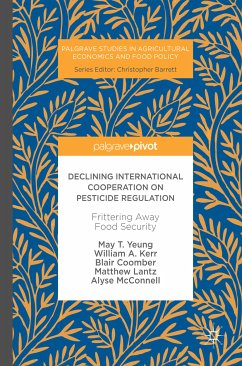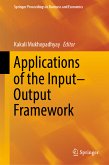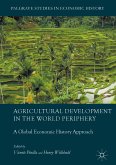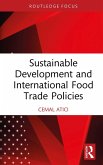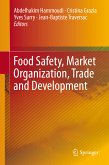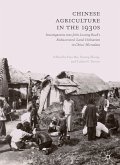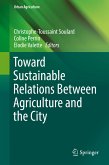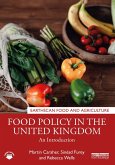This Palgrave Pivot investigates barriers to international agricultural trade caused by a lack of standardized maximum residue levels (MRL) for pesticides. As upwards of ninety percent of the food entering international supply chains will show pesticide residues, this issue poses a serious threat to global food security. Given the preponderance of pesticide use in food production and the increasing disruptions to trade, a better understanding of the reasons for the decline in international cooperation, the trade impacts, and potential solutions is critical. This volume will contribute to that understanding. Through an analysis of the economics of MRL regulatory harmonization, select case studies, and a look at incentives and disincentives for government agencies and regulators, the authors move the conversation beyond the theoretical, and into current practices and advice for creating workable solutions. This Pivot is a valuable resource for those concerned with food security, trade policy, agricultural production and export supply chains, as well as those interested in broader issues related to science policy and societal trends.
Dieser Download kann aus rechtlichen Gründen nur mit Rechnungsadresse in A, B, BG, CY, CZ, D, DK, EW, E, FIN, F, GR, HR, H, IRL, I, LT, L, LR, M, NL, PL, P, R, S, SLO, SK ausgeliefert werden.

